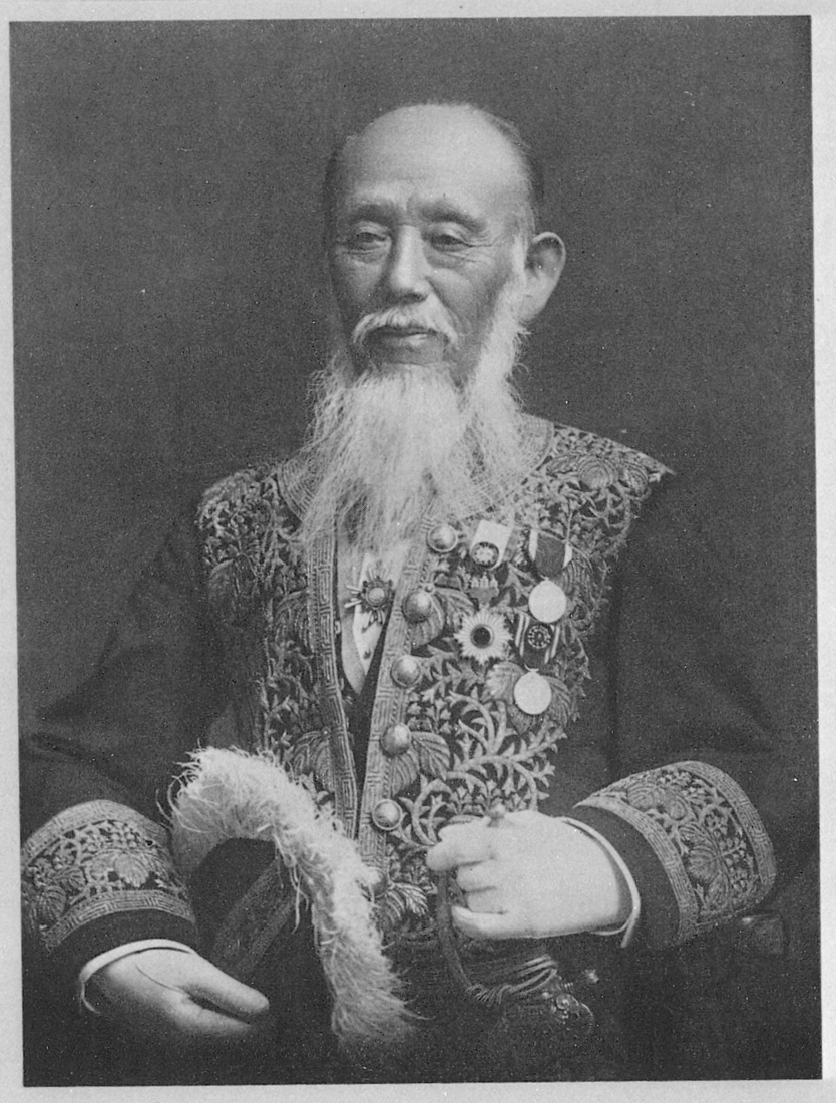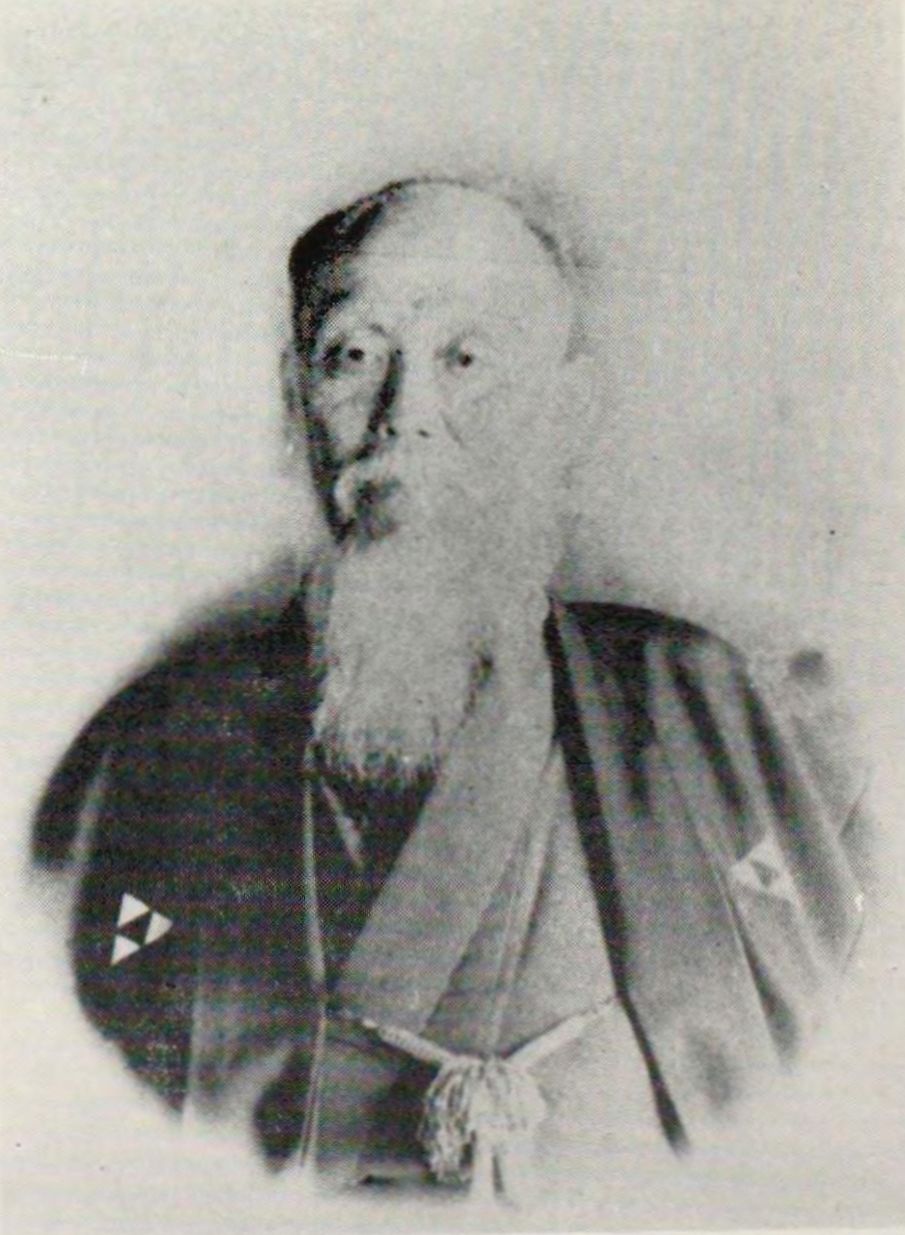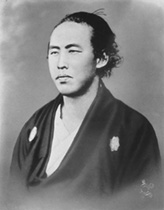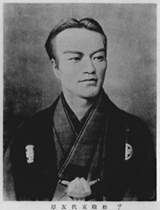KOJIMA Iken
- Date of Birth and Death
- March 7, 1837 - July 1, 1908
- Birthplace (modern name)
- Ehime
- Occupation, Status
- Jurist
Description
Judicial official. Born in Ehime, the son of a samurai of the Uwajima Clan. He studied at Kochi and Nagasaki, forming friendships with Ryoma Sakamoto, Tomoatsu Godai, and others. Later, he seceded from his Clan to join the overthrow of the Tokugawa Shogunate. In 1871, he started serving at the Ministry of Justice. After holding posts such as the president of Nagoya Court, he was appointed Chief of the Supreme Court in 1891. In May of the same year, he was faced with a judgment in the Otsu Incident (The Russian Crown Prince attempted assassination incident). Although the government put pressure on the court to sentence the criminal, Sanzo Tsuda to death, Kojima rejected the political interference. This act lifted him to fame as an advocate for judicial independence. In 1892, he resigned from his post because of the Hanafuda (Japanese playing cards) Scandal that involved officials including judges of Daishin'in(the Supreme Court). After 1894, he successively served as a member of the House of Peers by Imperial command and a member of the House of Representatives (Shinpo-to(Progressive Party)).
SNS
KOJIMA Iken
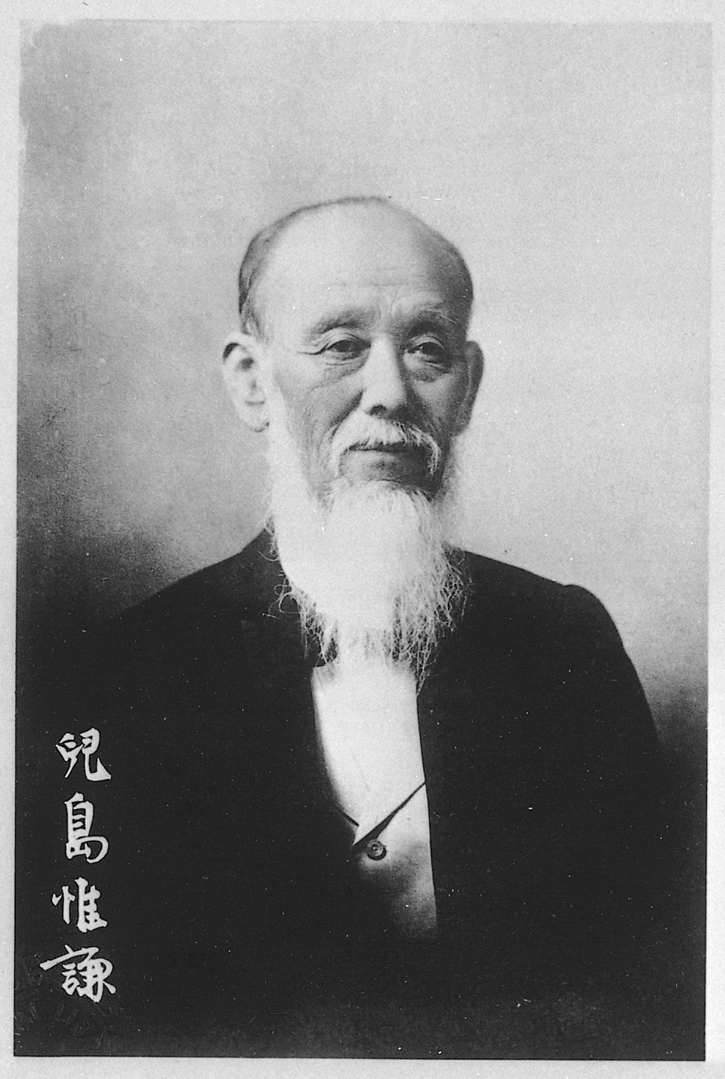
- HOME
- List of Names
- KOJIMA Iken

